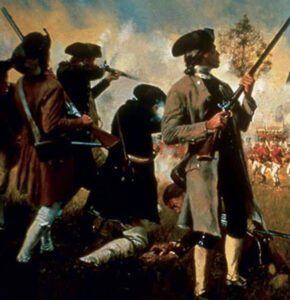I’m going to write some article on how the Supreme Court and “originalist” jurisprudence makes up history as it goes along. Take for example Bruen, the recent Supreme Court case that struck down New York’s 1905 law that prohibited unlicensed carry of firearms.
The Supreme Court’s position is that, essentially, at the time the Second Amendment was drafted, this sort of prohibition did not exist. And so it contravenes the Second Amendment.
But what about bazookas? Or grenade launchers? Or other conditions that did not exist when the Second Amendment was written? Well the Supreme Court says that where technological development intercedes, the Government’s regulation of the possession of those weapons or those circumstances faces a lower level of Court scrutiny and will be upheld.
So, a higher level of scrutiny by courts when it comes to regulations that could’ve existed at the time of the founding but did not because the Second Amendment.
A lower level of scrutiny by courts when it comes to regulations that came later to account for societal or technological developments.
What about Felon-in-Possession-of-Firearms? These, if we take the Supreme Court honestly, are unconstitutional. Criminal-status is not new. It has existed as long as we (or the British) have had criminal statutes.
And yet there was no blanket prohibition for felons possessing firearms in the 1790s-1820s. North Carolina’s felon in possession of a firearm law is unconstitutional. And so is the federal 922(g) law.
These laws came in very late – late 1960s – predicated by the incipient crisis of capitalism in the 1970s, and the racial backlash following the civil rights liberation of the 1960s.
Felon-in-possession (as well as voting rights restrictions) laws have created two tiers of citizenship where you get the full panoply of American rights, unless you fall into to particular law-breaking categories.
I think there’s a way to resolve this problem. Make felon-in-possession laws contingent for a 10 year period on violent crimes. The Fourth Circuit recently struck down a prohibition on a CSAM possessor being barred from internet access because of the First Amendment. If Clarence Thomas is right that the Second Amendment is not a second-class right, then we need strict scrutiny applied to the specifics of how felon-in-possession laws work.





